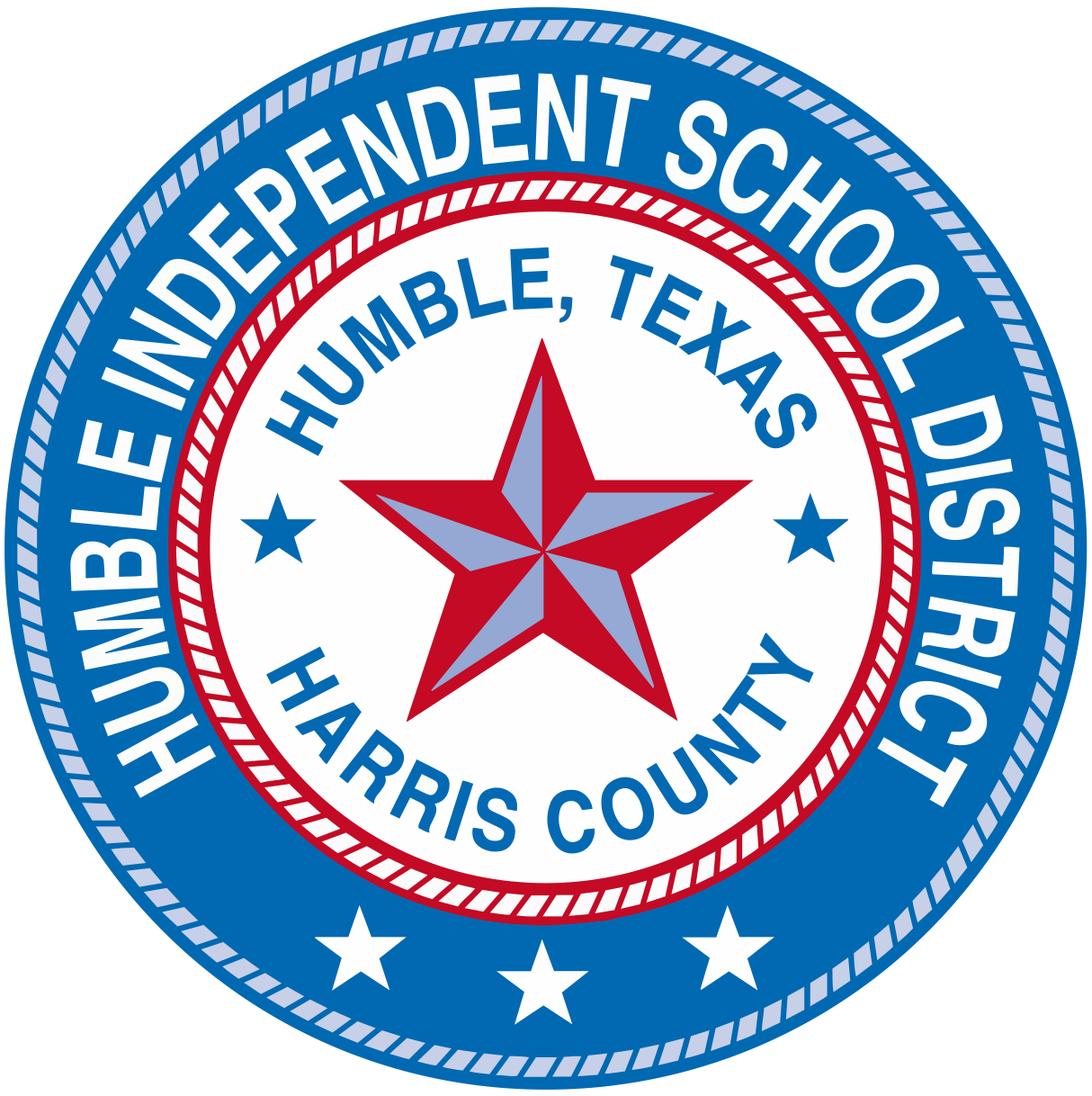Our purpose is to partner with teachers, parents and the community to help ensure that reading and writing take place in engaging, text-rich classrooms. That children are guided to strengthen their comprehension, interpretation and communication in order to better understand themselves, others and use this knowledge to change the world in which they live.
Elementary Curriculum
Elementary English Language Arts (ELA)
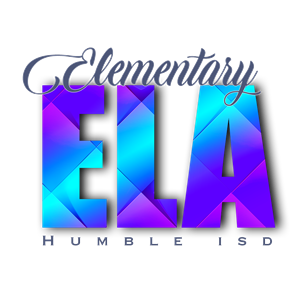
Mission Statement
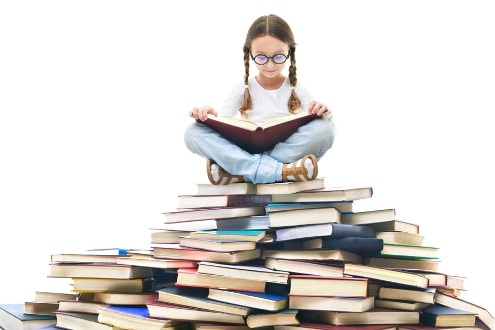
Belief Statements
We believe:
In a balanced approach to literacy instruction.
That reading and writing should be integrated and build off one another.
In the gradual release model when teaching new/complex skills.
That formal and informal formative assessments should guide instruction.
In personalization and differentiation of instruction for students.
Elementary Mathematics
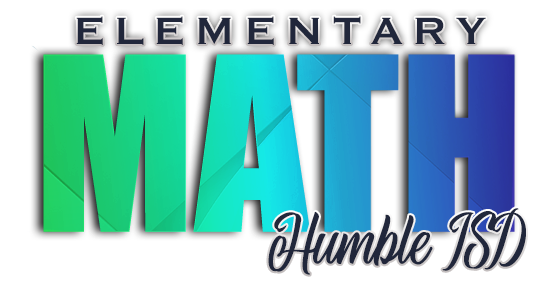
The Humble ISD Elementary Math Model encompasses a balanced approach to developing mathematical fluency, conceptual understanding and mathematical reasoning. Math is connected to real life situations and requires students to communicate about their thinking as required by state standards. The principles of algebraic thinking are embedded within the math model framework and require students to use properties as well as place value to solve computational problems.
Mission Statement
Humble ISD elementary math students will…
Develop into a “21st Century learner…..”
Question, reason, represent, and justify to connect and generalize mathematical ideas and relationships to apply in real life situations
Possess mathematical language, fluency and numeracy
Be flexible, efficient, and accurate in their mathematical thinking
Persevere and increase confidence by deepening their understanding through connecting their ideas and strategies
Be active and inquisitive mathematical learners
Actively participate and share mathematical thinking
Links for Mathematics
Elementary Science
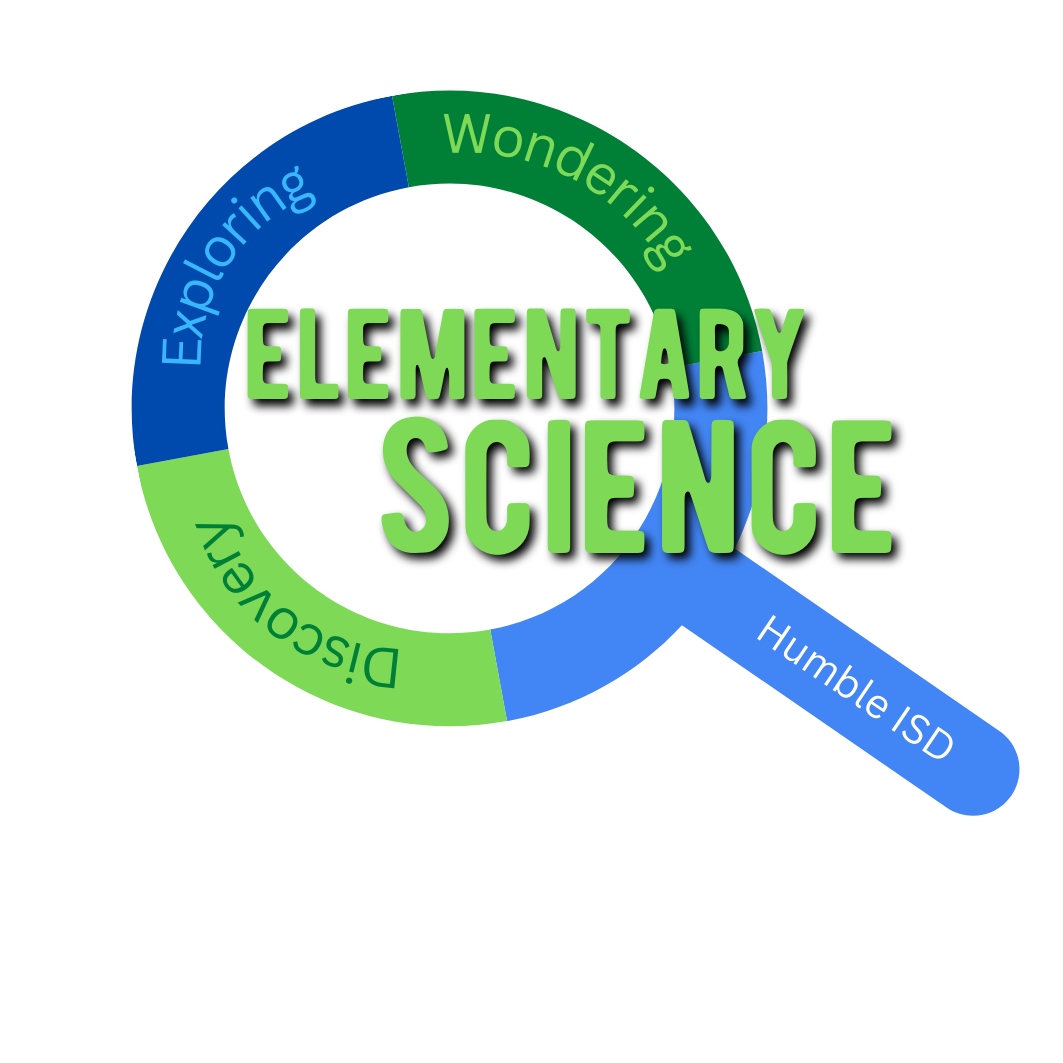
Vision
The VISION of the Humble ISD K-12 Science Department is for ALL students to think and act as scientists.
We believe that students must DO science to learn science. We want to grow and inspire our emerging scientists to critically question, analyze, and evaluate information and claims, and to consider creative, thoughtful, and ethical solutions to issues and problems facing us today.
Belief Statements
Students see themselves as scientists with valuable questions and ideas to contribute to their learning communities and the world, and they respect and value the diverse perspectives of their peers.
Students are engaged in doing science by discovery and wondering. Structures and routines are in place for students to safely and regularly engage in inquiry-based and hands-on learning experiences.
Students regularly engage in meaningful collaboration, critical thinking, problem solving and reflection, persevering through productive struggle with grit and growth mindset.
All learning experiences are grounded in relevant phenomena and connections that promote relevance, purpose, and engagement and are central to all planning conversations.
Students learning of concepts and skills build scientific literacy that empowers them to understand and explain phenomena in the natural world, and propose creative, thoughtful, and ethical solutions to problems and issues facing our society.
For more information on programs and curriculum resources, click the button below.
Social Studies
The mission of Humble ISD Social Studies is to educate and inspire young people to be active, competent, and engaged citizens with the knowledge, intellectual processes, and democratic dispositions to lead and make a difference in their local communities, state, nation, and the world.
Social Studies curriculum and instruction provides students the knowledge and skills necessary to become life-long learners, critical thinkers, leaders, innovators, and informed and responsible citizens of the United States and the World. The is accomplished through the teaching of history, geography, culture, economics, government, citizenship, and innovations in science and technology.
Principles of High Quality Social Studies Instruction
Inquiry-based learning, investigation, and higher order questioning
Critical thinking, disciplinary reasoning, and academic skills serve as the driver of learning
Close reading, close observation and analysis of information
Performance tasks and authentic activities for learning and assessment
Academic conversations and civic dialogue
Evidence-based and authentic writing to learn
"The ultimate measure of a man is not where he stands in moments of comfort and convenience, but where he stands at times of challenge and controversy. The true neighbor will risk his position, his prestige and even his life for the welfare of others."
--- Martin Luther King, Jr.
Useful Links
Social Studies LINKS for Students
Social Studies Links & Resources for At-Home Learning
